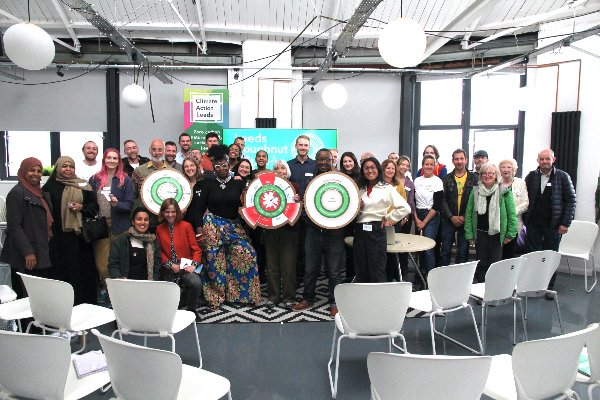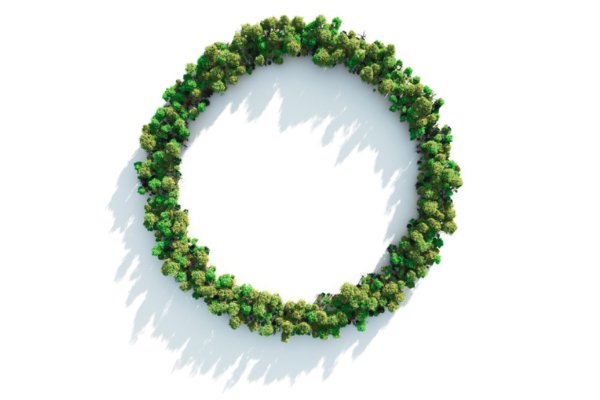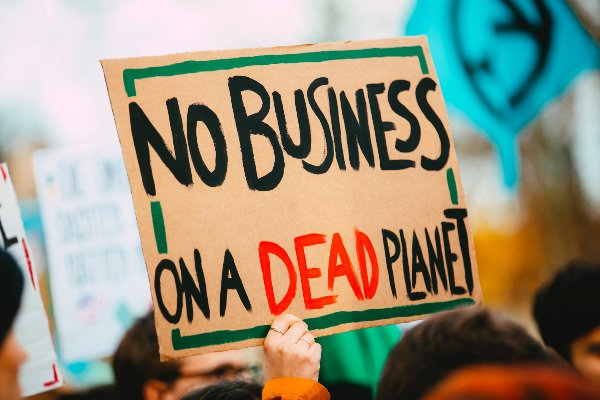The Doughnut Unrolled
The question that’s been asked ever since the Doughnut was published in 2011 is this: what does this global goal mean for the neighbourhoods, cities, districts or nations where we live?
With the launch of the Leeds Doughnut report, Leeds now joins 40 places around the world that are exploring this question – from Copenhagen to Curaçao, Birmingham to Bhutan, Melbourne to Mexico City.
To support this process, we at Doughnut Economics Action Lab (DEAL) have created a new set of tools – called ‘Doughnut Unrolled’ – to conceptually ‘unroll’ the Doughnut and introduce a local dimension to this global goal.
The tools invite you to explore the interplay between local aspirations and global responsibilities in your place – both socially and ecologically – and create a holistic Doughnut ‘portrait’ of your place.
Transforming places
The Leeds Doughnut report uses data as the starting point for its Doughnut Portrait and ask these four questions: Are people in Leeds thriving? Are we supporting and protecting local nature? Are we in Leeds respecting the wellbeing of people worldwide? Are we in Leeds respecting the health of the whole planet?
The report paints a sobering picture of how much action and change is needed, but Leeds is by no means the exception. Indeed it is a common pattern, emerging around the world, that all places need to radically transform if humanity is to avoid pushing the planet even further out of balance.
Climate scientists are running out of adjectives to express just how urgent this need for change is; as Paul Chatterton of Climate Action Leeds reminds us, ’If we want to change the city in 10 years, we can’t be having this conversation again in 2030’.
A toolkit for the future
Leeds started its journey with data, Melbourne started last year with community conversation and Immy and the team at Civic Square in Birmingham started with reconnection to place.
There are so many ways to start and so many ways to build an ever-richer portrait of your place – drawing on lived experience, ideas, aspirations, inspirations, histories and stories to inform and identify possible pathways forward.
Where 20th-century economic thinking might fail to handle complexity, what we’re learning is that if you put the right tools, data and ideas in front of the creative, imaginative and diverse people of your place, nothing is too much to handle.
So we invite you to join the global community of places using these tools and exploring these questions at Doughnut Economics Action Lab, and let’s see what safe and thriving futures we can create together.
Click here to discover how your community can use the Doughnut Economics Action Lab tools.
 Play Video about This Rock Might Just Save The World
Play Video about This Rock Might Just Save The World Play Video about Play 2 hours of rock
Play Video about Play 2 hours of rock Play Video about Play 2 hours of brook
Play Video about Play 2 hours of brook Play Video about Play 2 hours of sheep
Play Video about Play 2 hours of sheep















































